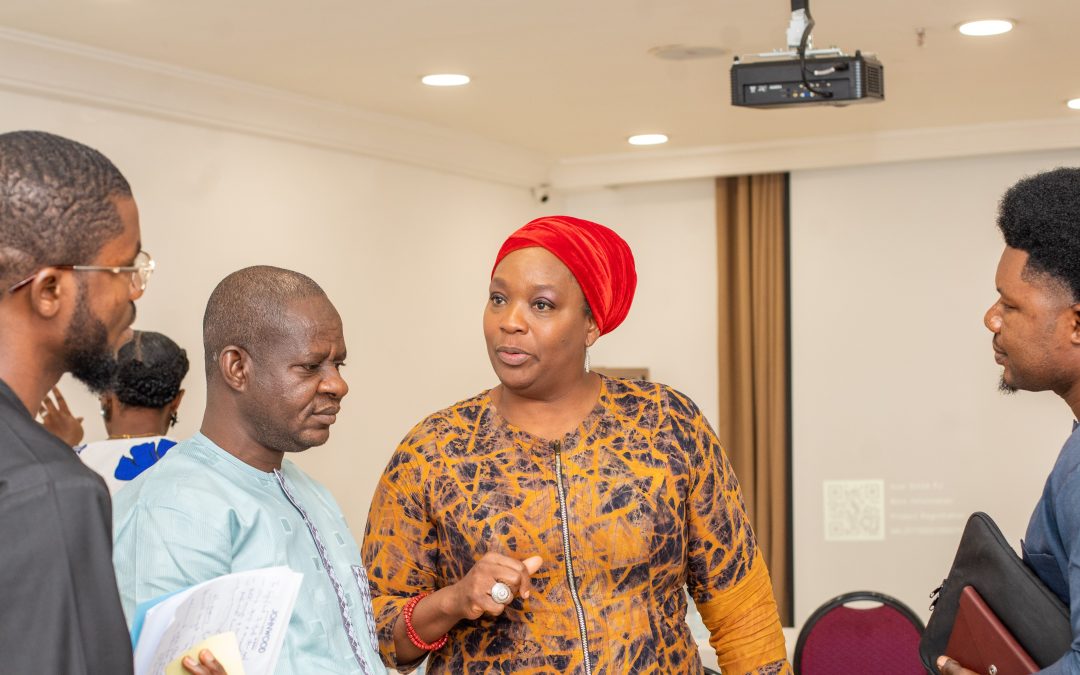Abuja, Nigeria — May 16, 2025
In response to the rising threat of digital attacks on independent media in Nigeria, the Nigeria Media Innovation Program (NAMIP) hosted a two-day intensive virtual workshop on May 14-15, 2025. This session brought together over 60 participants from 22 media organizations, to strengthen digital security practices across its cohort. Facilitated by Bisola Adediji from Resilience Technologies, the workshop equipped participants with essential strategies to mitigate online threats that jeopardize newsroom operations, journalist safety, and public trust.
Workshop Highlights
The first day focused on establishing a solid foundation for digital resilience in media environments. Participants gained an understanding of the threat landscape by examining who targets media organizations and why, assessing their risk exposure, and exploring the unique dynamics of threats within the Nigerian media landscape. The session covered common attack vectors, where attendees learned to identify and defend against prevalent threats, including DDoS attacks, phishing, surveillance, and government-imposed internet shutdowns. Practical activities included measuring internet disruptions using the Open Observatory of Network Interference (OONI).
The session also introduced communication and data protection tools such as Mailvelope for encrypted emails, guiding participants through best practices for safeguarding data. Insights on device and account security were discussed, focusing on topics such as two-factor authentication (2FA), strong password management, mobile device protection, and physical security. Attendees engaged in exercises like setting up app-based 2FA and preparing threat response plans.
The second day of the workshop focused on the technical capacities and advanced practices for defense and threat response. This included holistic protection with tools such as the Zeroth Cloud platform, which enhances device and infrastructure protection, malware defense, and forensic threat analysis. Participants studied real-world phishing examples targeting journalists, practiced phishing detection, and reviewed protocols for handling compromised accounts and protecting websites from malware and vulnerabilities. The final session concentrated on long-term strategies, including the development of organizational security policies, conducting audits, and contingency planning. Attendees also created tailored information security strategies for their newsrooms.
Through this collaborative and interactive format, NAMIP’s digital security workshop not only enhanced participants’ technical knowledge but also fostered a proactive culture of cybersecurity within the participating organizations. By equipping media professionals with actionable tools and frameworks, NAMIP reaffirms its commitment to protecting independent journalism in Nigeria’s rapidly evolving digital landscape.
For a comprehensive summary of lessons learned during the workshop, visit NAMIP’s learning website.

